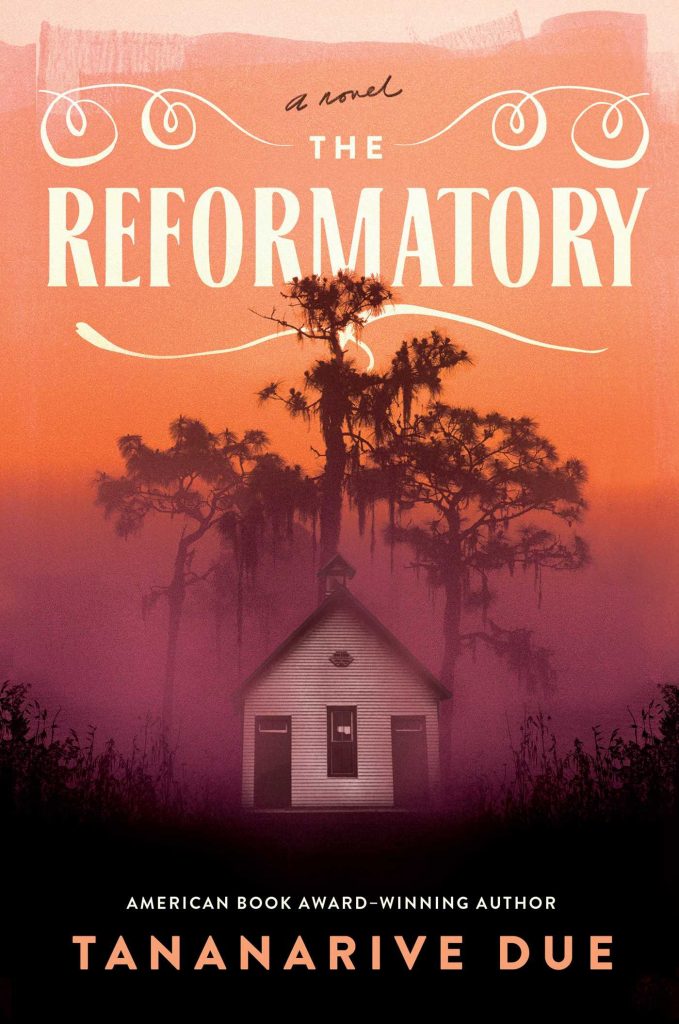By Terri Schlichenmeyer
You’ll do better next time.
You’re sorry, deeply sorry, sincere in your apology, and it won’t happen again. You had a chance to think about your transgressions and you were wrong. What can you do or say to make things better? How can you properly make amends? As in the new book “The Reformatory” by Tananarive Due, how long should you pay for something you didn’t do?
The north Florida countryside was passing by fast as Robert Stephens sat small in the passenger seate of the fancy car. Any other time, he’d be enjoying himself but not now. No, this time, he was on his way to The Reformatory, a school for boys who’d broken the law.
How did things get this far, this fast? It wasn’t but a day or so that Robert and his sister Gloria were walking down the road when Lyle McCormack, son of Gracetown’s richest man, tried to kiss Gloria and Robert kicked Lyle, in defense of his sister. It was 1950 and every Black person knew that you didn’t do that to somebody who was white, but Robert kicked before he could stop himself and he was arrested. And here he was, twelve years old, on his way to a place where Papa said was where the killing started.

Ever since he was little, he’d been able to see things nobody else could see. He told Gloria that Mama visited him sometimes, even though she’d been dead for months. He knew things, too; the closer the car got to The Reformatory, the more he knew he couldn’t stay there for the next six months. The place smelled like smoke, but there were no fires.
It smelled like death and fear.
He had to trust that Gloria would get him home. He’d trust Mama to watch over him.
He could see “haints” at The Reformatory. The place was full of them…
Though it might look like one, “The Reformatory” is not just a ghost story. It’s tighter, scarier, more ominous because this tale has deep roots based in truth.
Like the tentacles belonging to some sort of evil creature, Jim Crow laws ooze into every corner of this book, wrapping tendrils around the characters and their lives. That’s a terror that’s told authentically and is (un)easy to imagine, but then author Tananarive Due kicks the frights into maximum overdrive with ghosts and madmen that you can sometimes barely tell apart. Even scarier: they’re inside The Reformatory, and outside it, and they want revenge – both of the otherworldly kind and based in reality. Scarier still: they’re willing to make deals.
If you have a heart condition, you might want to pass on this book because it’ll raise your pulse rate to the roof. If you’re healthy and brave, though, look for “The Reformatory.” When it comes to scary novels, you’ll never do better.




